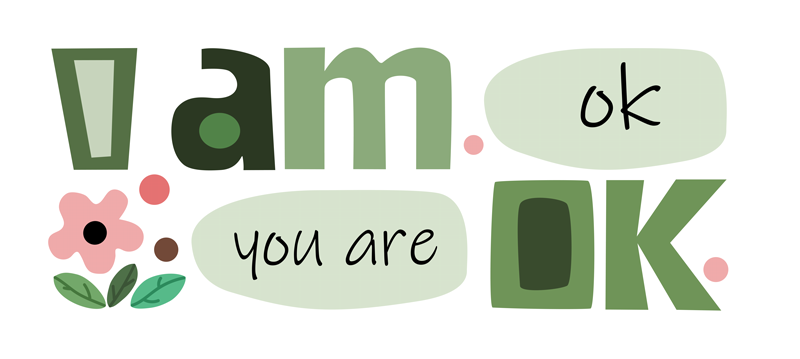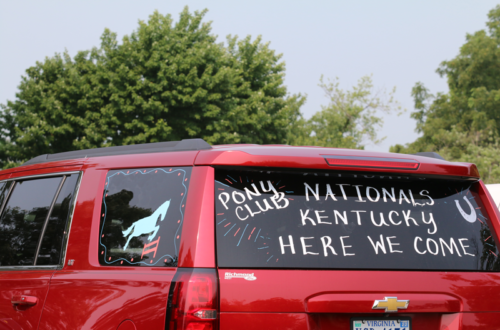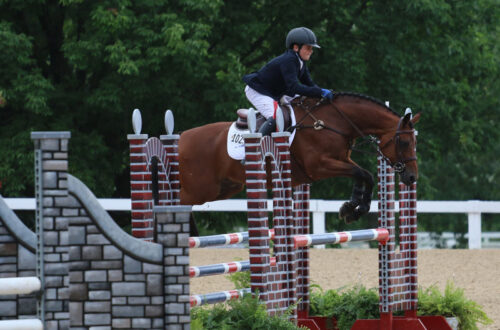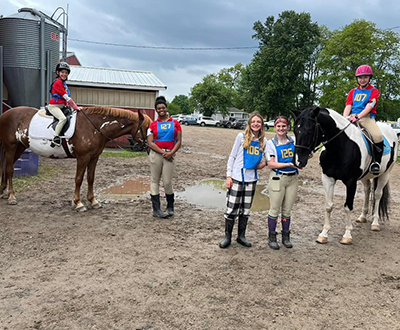
Developing a Safe Space in Your Club/Center
By Sarah Evers Conrad, USPC Marketing and Communications Director
Currently, there is an effort in schools for students to learn social-emotional learning (SEL) skills., which are critical for all of us to have healthy lives and to succeed in our educational pursuits, careers, and interpersonal interactions with family, friends, and even strangers. SEL skills, according to the Collaborative for Academic, Social, and Emotional Learning (CASEL), include:
- Self-awareness: the abilities to understand one’s own emotions, thoughts, and values and how they influence behavior across contexts
- Self-management: the abilities to regulate our emotions, thoughts, and behaviors effectively in different situations and to achieve goals and aspirations
- Responsible decision-making: the abilities to make caring and constructive choices about personal behavior and social interactions across situations
- Social awareness: the abilities to understand the perspectives of and empathize with others, including from those from various backgrounds, cultures, and situations
- Relationship skills: the abilities to establish and maintain healthy and supportive relationships and to effectively navigate settings with diverse individuals and groups
Adults in a child’s life can help facilitate these skills in their interactions. And for adults, we’re always learning, so it’s up to us to grow these skills.
But how can Pony Club help? After all, one of Pony Club’s biggest attributes is the sense of community that develops around our clubs and riding centers.
Mental coach and equestrian Daniel Stewart has authored multiple books and developed the Pressure Proof Coaching Academy, where he has trained mental coaches.
In this area, he has developed the T Strategy to deal with five different kinds of struggles (Troubled Ts):
- Tears: sadness brought on by mistakes or a failure
- Trust: not trusting oneself or their horse
- Tantrums: when a rider struggles with their emotions
- Temper: when a rider directs anger towards themselves, others, or their horse
- Trauma: when a rider is dealing with difficult situations, like a break-up, a divorce, a death, etc.
When dealing with each T, he and his coaches have a basic script as they counsel the rider, which includes the following 5Ts: 1) Treat the rider with respect, empathy, and compassion; 2) Tell the rider they aren’t alone in their feelings; 3) Teach the scientific reason why they’re experiencing what they’re feeling; 4) Task them with an easy-to-achieve exercise for a win; and, 5) Thank them for their effort and sincerely compliment them for believing in themselves.
Stewart recommends this strategy for all trainers/leaders who are trying to help a person get past something difficult. The person helping should identify the trouble(s) involved and then use the above formula for a script, but it must always be done with sincerity.
If a problem is beyond their scope, then the next step—if the person is a minor—would be to alert the parents that the rider is struggling with something and to share the effect that this has caused. Then, if need be, refer them to an equestrian mental coach. He offers his team to anyone who is struggling.
In addition to knowing how to help in a particular situation, it’s important to create the right type of atmosphere in the barn, says Janet Sasson Edgette, PsyD, a licensed psychologist and sports performance therapist, author, and longtime equestrian.
It’s the trainer or the person who’s really running the barn who does this, says Edgette. In Pony Club, this could also be said for the leader of a club, center, or region.
On the flip side, we may find ourselves at a barn where there is a lot of judgement, a lack of support, and negativity or toxicity, and that trickles down to the riders.
Edgette shares one thing that the industry doesn’t talk about enough is the amount of yelling that happens in barns and what we can do as an industry to change the issue. “Do we really like all the yelling that goes on? Is this really how we want to show up as a sport? Yelling has become so normalized,” she says. “Adults yelling at children, adults yelling at adults. People think that’s just the way it’s done.”
She suggests a solution. “You can begin to de-normalize it by the social response to it,” says Edgette. “And if we talk about it enough, it will become something that people get a little self-conscious about, and that’s how you begin to change the behavior.”
She recommends trainers try to find a different way to help a rider work through their struggles.
While there are many scenarios that can happen within a group, one way to work on developing a positive atmosphere, and a safe space for riders/members to be supported and open to discussing any problems, is to focus on developing the SEL skills. To learn more, CASEL offers additional education and ways to learn how to implement SEL in a variety of situations on their website at www.casel.org. In addition, there are many organizations across the web with solutions and activities if you search for “SEL activities.”





